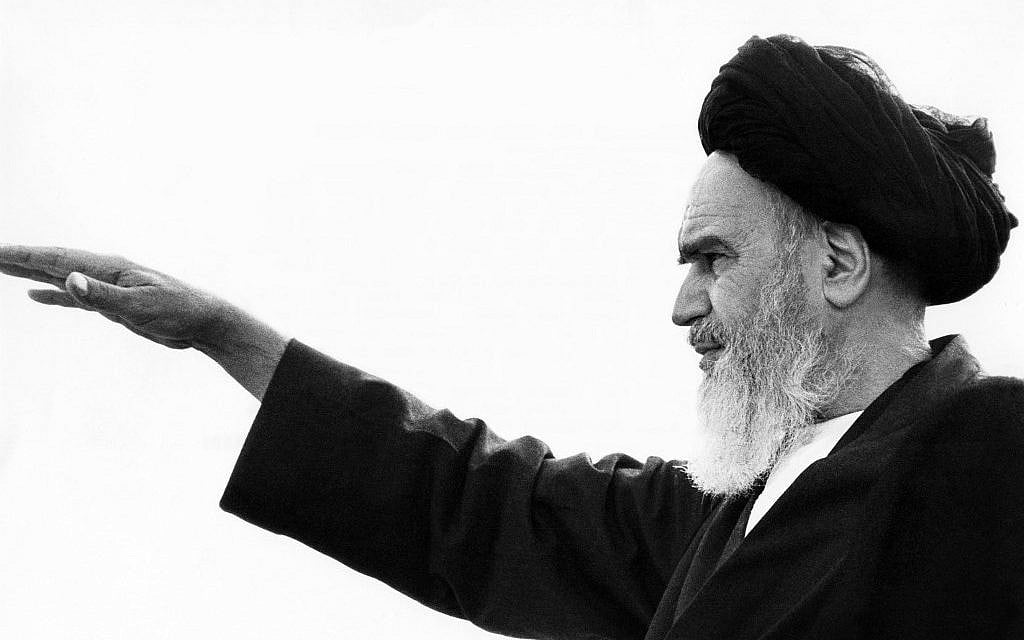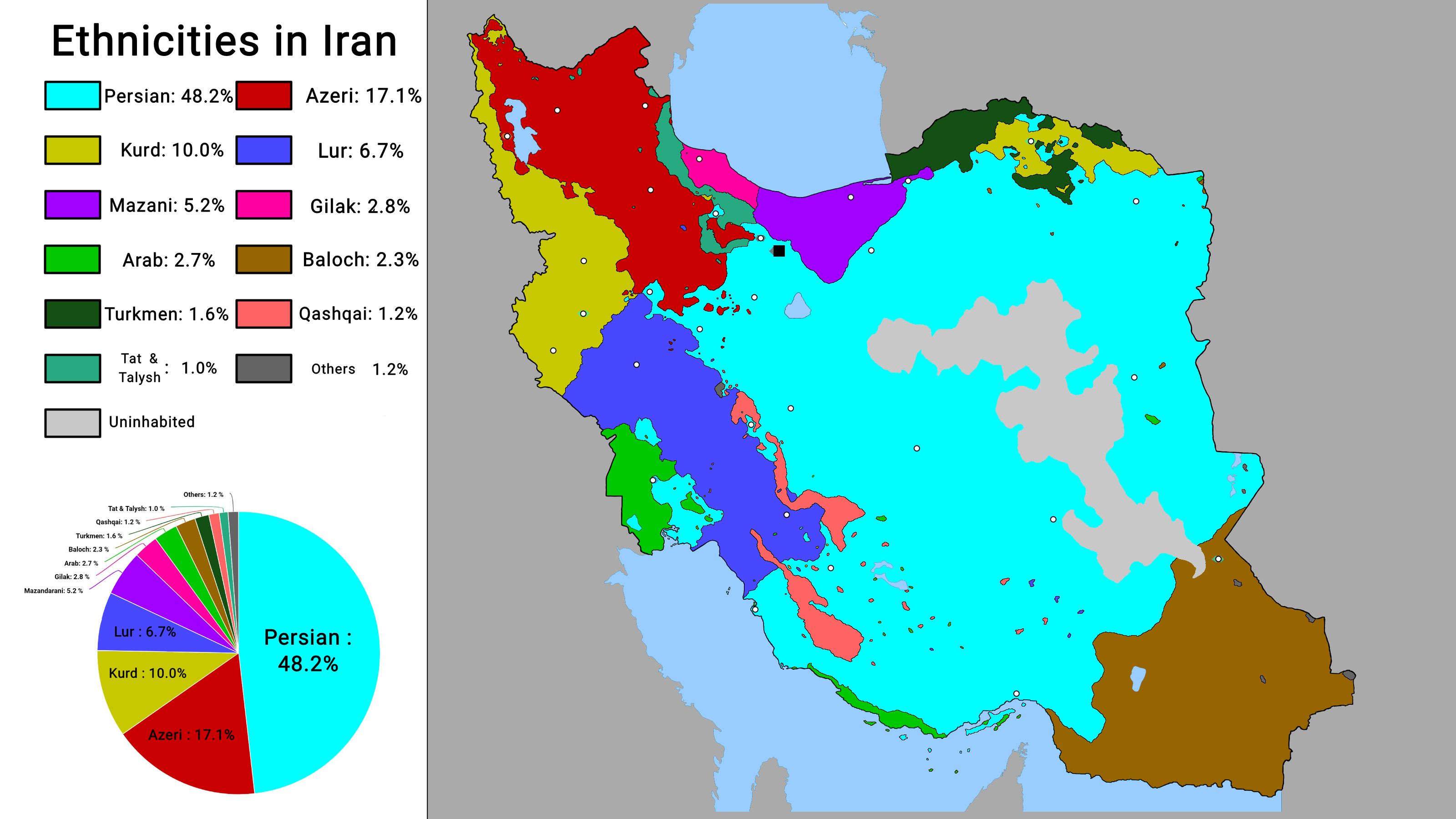The Spiritual Core of Tyranny: Why Iran Is a Tough Nut to Crack
Iran is often described as one of the most difficult geopolitical challenges in the modern world. Decades of negotiations, sanctions, covert operations, and diplomatic resets have not fundamentally altered its behavior. Why? Because Iran is not just a nation with problematic policies—it is a theocratic regime with a deeply entrenched spiritual architecture that fuels its tyranny.
Let’s start with what worked: the Obama-era Iran deal (JCPOA). It succeeded, technically. Iran kept its uranium enrichment under 4%, far from the 90% required for weapons-grade material. Inspectors verified compliance. A nuclear war was averted. But that deal deliberately sidestepped another thorny issue—Tehran’s funding of proxy militias like Hamas, Hezbollah, and the Houthis.
And that was no accident. The JCPOA was narrowly focused: stop Iran from getting nukes. It never claimed to transform the Iranian regime or neuter its regional ambitions. Critics argue that the financial relief Iran received from lifted sanctions gave it more room to support these groups. But even today, the global pressure remains fixed solely on uranium enrichment. If Iran were to completely stop enrichment on its soil, it’s likely the West would reward it—without addressing the funding of terror proxies.
Which begs the question: if nuclear compliance doesn’t end Iran’s disruptive behavior, what will?
This brings us to the nature of the Iranian regime. It is an autocratic theocracy—part religion, part dictatorship. Power is not just political but spiritual. The Islamic Revolutionary Guard Corps (IRGC) is not accountable to the people or parliament. It answers to one man: the Supreme Leader. It is a parallel army that exists solely to maintain the spiritual and political domination of the regime.
Such tyranny has a spiritual foundation. It’s important to name it.
In Christianity, sin does not vanish upon baptism. One must continue resisting the Devil’s temptations. The same spiritual logic applies to all faiths: evil can take on religious language, and the Devil can quote scripture. In fact, some of the most dangerous tyrannies cloak themselves in the robes of religion. Islam, in its fundamentalist interpretation as practiced by regimes like Iran and Pakistan, sometimes teaches that those who leave the faith deserve death, and that non-believers (kafirs) are to be subjugated or slain. This is not spirituality. This is spiritual tyranny—worship not as a free act of love, but as coerced submission.
In any true faith, worship must be an act of free will. If it is imposed by threat of violence or death, it ceases to be worship—it becomes idolatry of power.
When early Muslim armies conquered new lands, they often presented three choices: convert to Islam, pay a punitive tax, or face execution. This was not just political conquest—it was spiritual warfare in the worst sense. And it birthed a legacy of autocracy wrapped in divine justification.
Pakistan is often said to be an army that has a country. Iran is a theocracy that has a state. Both systems suppress dissent in the name of religion. Both are tyrannies that begin in the soul.
The solution is not just regime change. It is spiritual awakening. Every human soul has the power to walk away from the Devil's grip. Mental logic will not work until spiritual clarity is restored. Tyranny cannot be reasoned with—it must be spiritually exposed.
This is the Kali Yuga—the age of darkness described in the Hindu scriptures. But as history teaches us through the Ramayana and the Mahabharata, evil always gets its moment, and then it passes. The Devil knows scripture. But the soul knows truth.
Peace does not come from appeasement or war. It comes when the people, from within, reject false gods disguised as holy men. It comes when the masses reclaim their right to worship freely, to choose truth over fear.
Regime change in Iran will not happen simply by military might or international pressure. It will happen when the Iranian people rise, not just politically—but spiritually.
Peace is not the absence of conflict; it is the presence of truth.
The Garden Of Last Debates (novel)
Deported (novel)
Empty Country (novel)
Trump’s Default: The Mist Of Empire (novel)
The 20% Growth Revolution: Nepal’s Path to Prosperity Through Kalkiism
Rethinking Trade: A Blueprint for a Just and Thriving Global Economy
The $500 Billion Pivot: How the India-US Alliance Can Reshape Global Trade
Trump’s Trade War
Peace For Taiwan Is Possible
Formula For Peace In Ukraine
The Last Age of War, The First Age of Peace: Lord Kalki, Prophecies, and the Path to Global Redemption
AOC 2028: : The Future of American Progressivism
Twitter Thread: Why Iran Is a Tough Nut to Crack 🧵
— Paramendra Kumar Bhagat (@paramendra) June 20, 2025
Iran Israel War Update: 6/20/25: 7 AM CST
A Path to Stability: Achieving Strategic Goals in Iran Without Total Collapse
Iran: Top Three Contenders for Interim Prime Minister
Will Trump Enter Iran?
The Humanitarian Situation In Gaza
Scenario: Operation Silent Strike
Scenario: Operation Silent Hammer
A Path to Peace: A Nuclear Compromise for Iran
Iran-Israel War: 6/18/25: 9 AM CST
Surrender Over Collapse: A Path Forward for Iran
Iran Israel War: 6/17/25 CST: The Last 48 Hours
Iran-Israel War: 6/16/25: 8 AM CST
The Worst-Case Scenarios of a Prolonged Israel-Iran Conflict: A Descent into Chaos
What the U.S. Can Learn from Gulf Countries on Labor Mobility and Migration
Israel-Iran War: 6/15/25: 12:30 PM CST
Possible Regime Fall In Iran
Imagine A No Escalation Scenario: Iran, Israel
Israel's Strike on Iran: June 13, 2025
Iran-US Nuclear Talks
G7 + BRICS = G30: A Bold Vision for Global Cooperation in the 21st Century
What the U.S. Can Learn from Gulf Countries on Labor Mobility and Migration
The Untapped Power of South-South Trade: A New Road to Global Prosperity




No comments:
Post a Comment